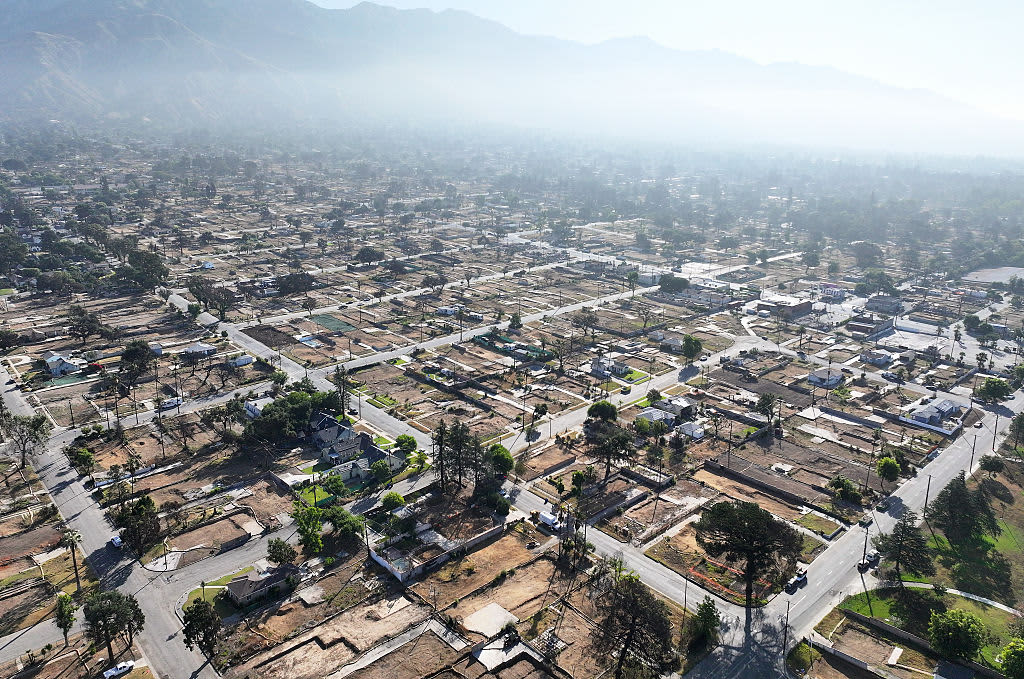KUALA LUMPUR: The topic of water security and how countries should manage it better has become a hotbed of activity in more recent times.
This is because challenges faced by the water industry have been many – Malaysia has experienced unprecedented flooding, water pollution and a deficit of water supplies just to name a few.
With these in mind, the ASIAWATER 2024 expo and conference aims to be the platform for over 20,000 industry professionals from 61 countries to meet and explore cutting-edge solutions that will shape a more sustainable future for water.
Taking place over three days from April 23 until April 25, the event themed “Water Transformation and Climate Change: Innovation for Resilience” will focus on the need for innovation, as well as the benefits in collaborating and creating partnerships across the globe for water management.
Deputy Energy Transition and Public Water Transformation Minister Akmal Nasrullah Mohd Nasir, in reading out a speech prepared for Deputy Prime Minister Datuk Seri Fadillah Yusof, said Malaysia has one of the most organised water infrastructures in South-East Asia but is not without its own set of challenges.
“Among these challenges are in ensuring continuous and adequate supply of water, particularly in drought-stricken regions. At the same time, intense rainfall and flooding events pose risks to water infrastructure, disrupting supply chains and compromising water quality,” he said during the launch of ASIAWATER 2024 yesterday.
He added that water pollution driven by industrial discharge, agricultural runoff and inadequate wastewater management systems are also cause for concern.
According to Akmal, mitigating all this was a paramount goal for his ministry.
“As of 2023, urban and rural water supply access coverage was at 97.1% while sewerage services covered 84.4% of the main cities. Our target by the end of 2025 is to achieve 98% coverage of clean water and sewerage in rural areas,” he said.
To achieve these goals, Akmal said his ministry will implement four key strategies which include securing a reliable water future by strategically planning, building climate resilience and developing Malaysia’s water infrastructure while addressing the financial sustainability of water operators.
“We must look at alternative measures like off-river storage and the usage of reclaimed water for industrial purposes. And of course, we’ll work to create long-term financial stability, allowing for continued investment in critical infrastructure upgrades,” he noted.
Akmal also said the need to optimise operations across the entire industry was vital so wastage could be minimised.
“Therefore, the implementation of the National Non-Revenue Water (NRW) Programme will be enhanced to further reduce NRW percentage to 31% by 2025, in line with our national target,” he said.
Right now, Akmal said, some of the states that are experiencing higher figures in terms of water loss include Kedah, Perlis and Kelantan.
“There are many reasons why water is not reaching users. It could be burst pipes, for instance. The government has been trying to help these states,” he noted.
On the need to continue embracing the Industrial Revolution 4.0 and guided by the Water Sector Transformation 2040 blueprint, Akmal said a centralised water data and information centre must be established, something his ministry is currently working on.
“In managing water and its operations, there are many stages. For each step, there is data available but now we’ve seen there is space to synchronise and integrate it, so there is a clearer understanding for all.
“This one-stop hub will serve as a reliable source of data crucial for calculating our national virtual water footprint and establishing a water footprint inventory for economic sectors,” he added.
An interesting example Akmal gave was that during the festive season when many people tend to return to their hometowns and there is an overall impact not only on water usage but electricity and other elements.
“This is why we need a holistic method to approach the amount of data we have and can use. It will also allow us to lessen the blind spots and be more ready and can anticipate when something goes wrong,” he said.
Meanwhile, ASIAWATER adviser Datuk Teo Yen Hua said that there will be 11 country pavilions at this year’s ASIAWATER.
“We are honoured that they have chosen this platform to showcase their technologies, services, solutions and expertise.
“This is a strong testament to ASIAWATER’s unparalleled ability to bring together industry leaders from across the globe,” he said.
Teo noted that this year’s conference will also include “Water Talks” with more than 50 high-level conferences, seminars and workshops, led by leading industry experts and thought leaders.
“Water Transformation is at the heart of ASIAWATER and I believe that we will continue to serve as the main water and wastewater services platform for knowledge sharing, innovation, partnerships and capacity building,” he said.
Meanwhile, Wuxi Lansen Chemicals Co Ltd sales department Kathy Yuan told StarBiz that ASIAWATER has always been a reputable and solid conference that brings many bright and innovative minds from all over the world to discuss and work together to create a safer and more sustainable mother earth.
“I hope to meet more like-minded people and expand our company’s market share. Our company sells chemicals that can clean water before distribution to management companies.”
